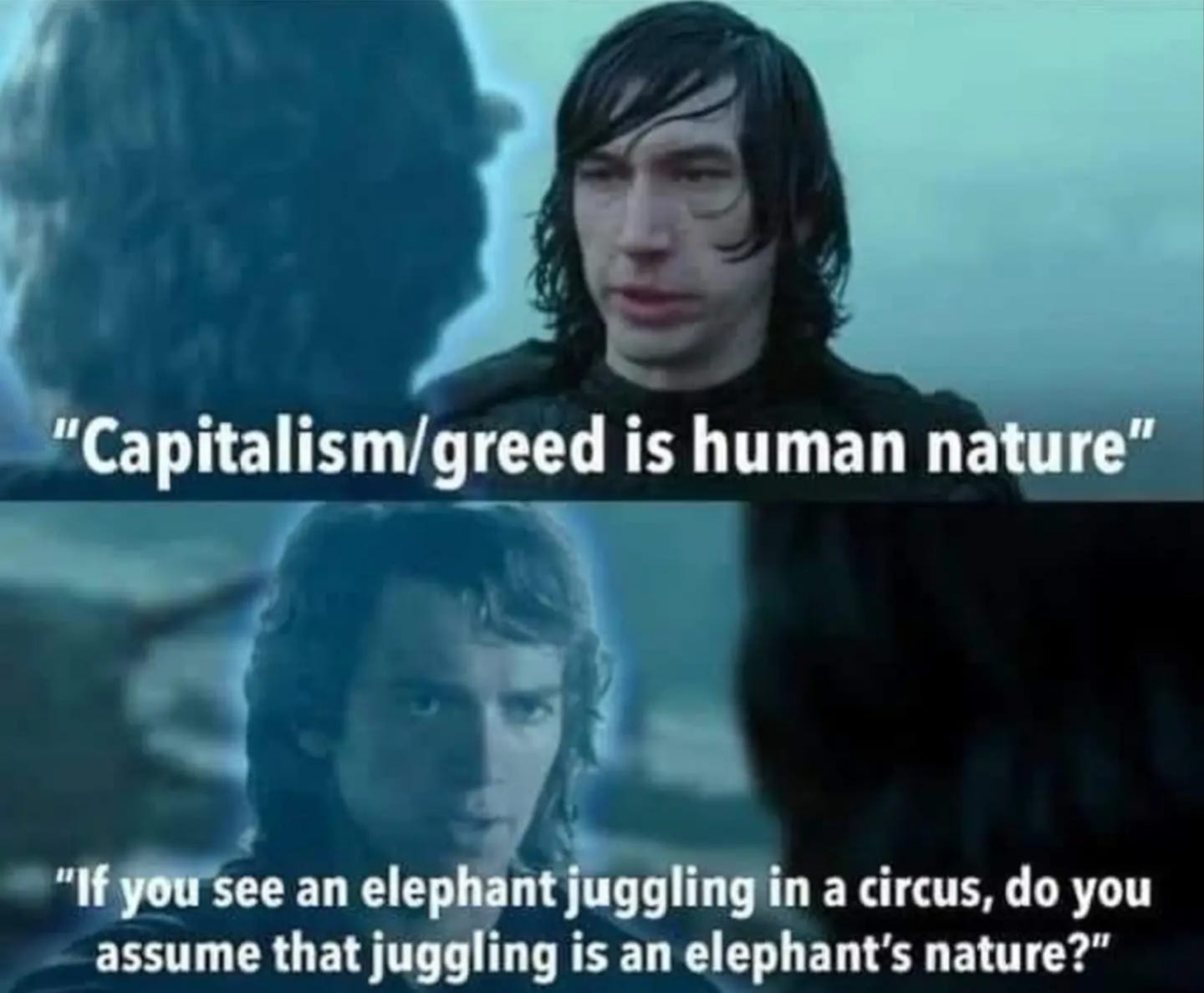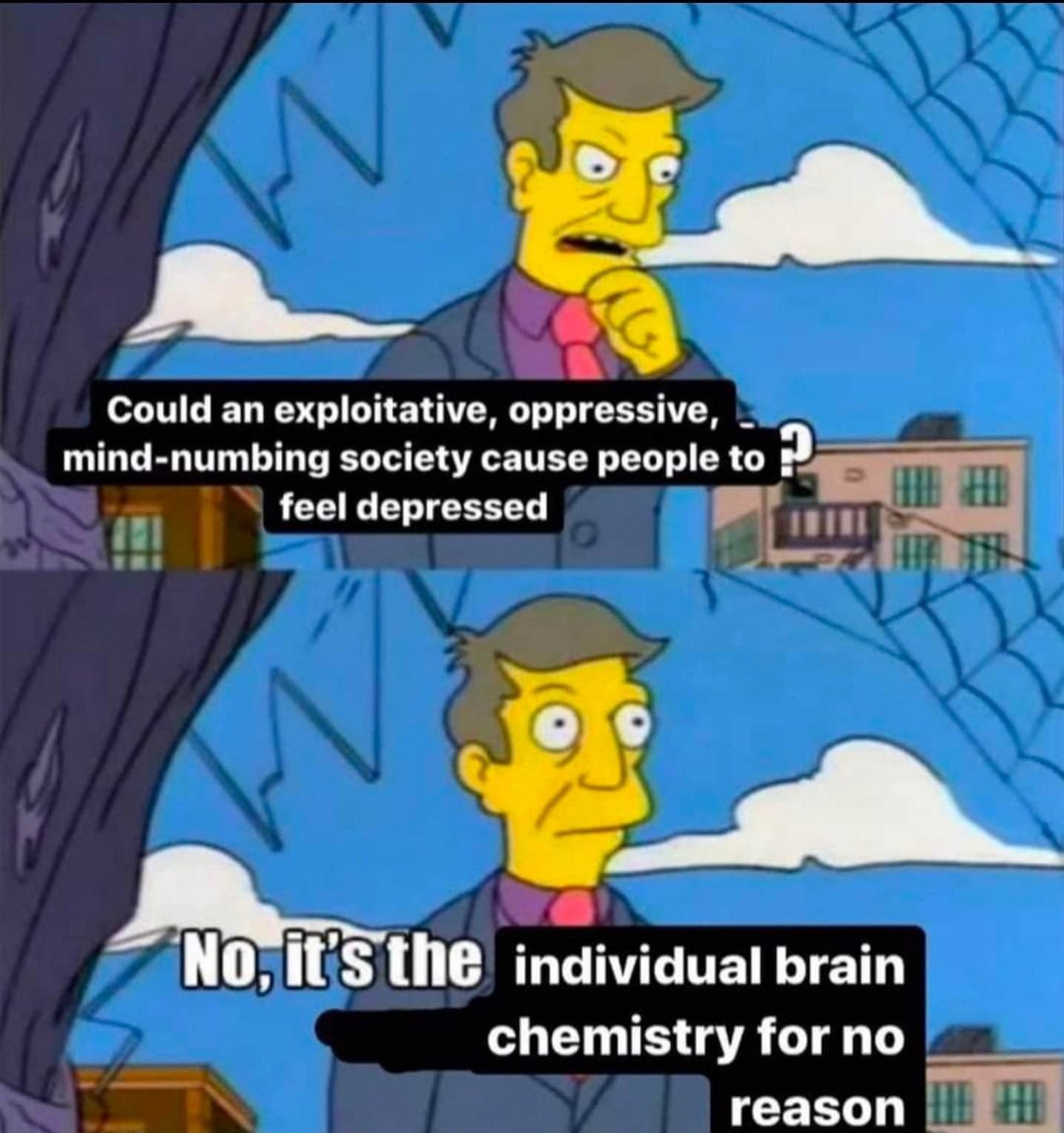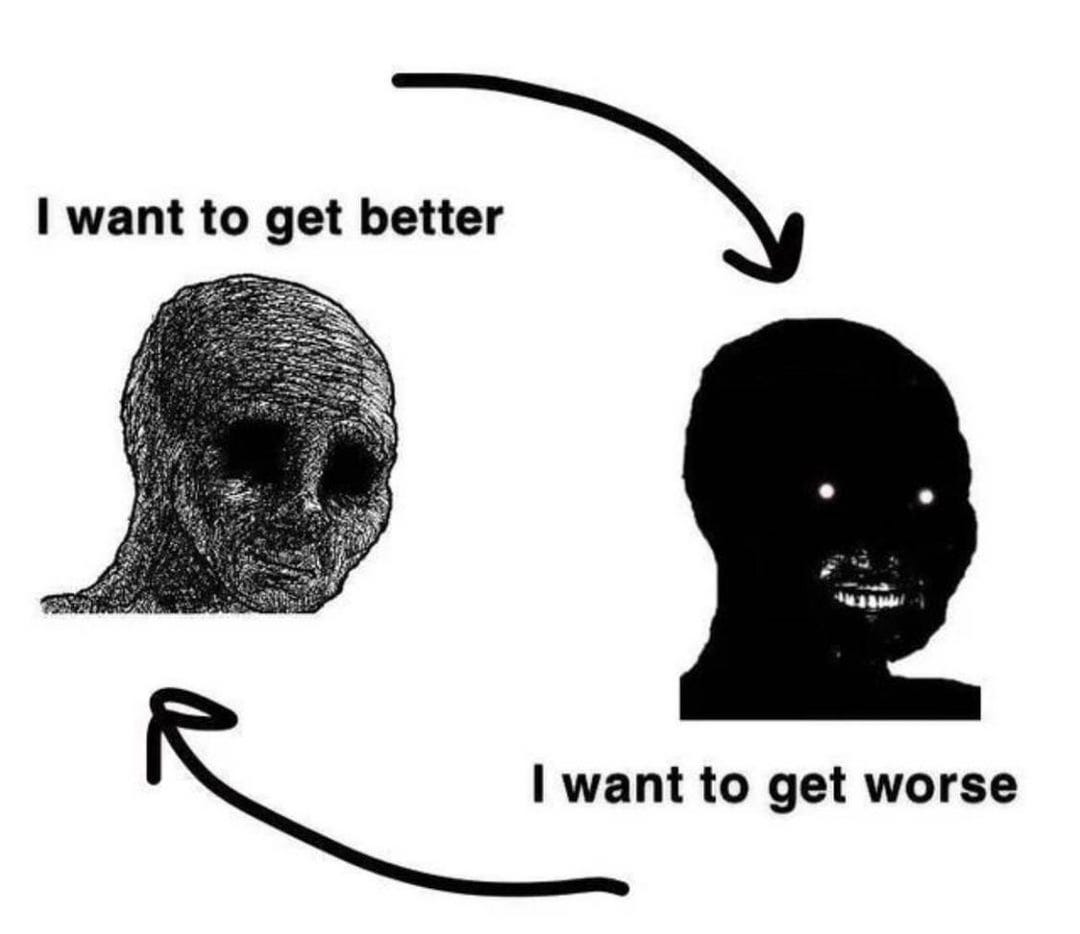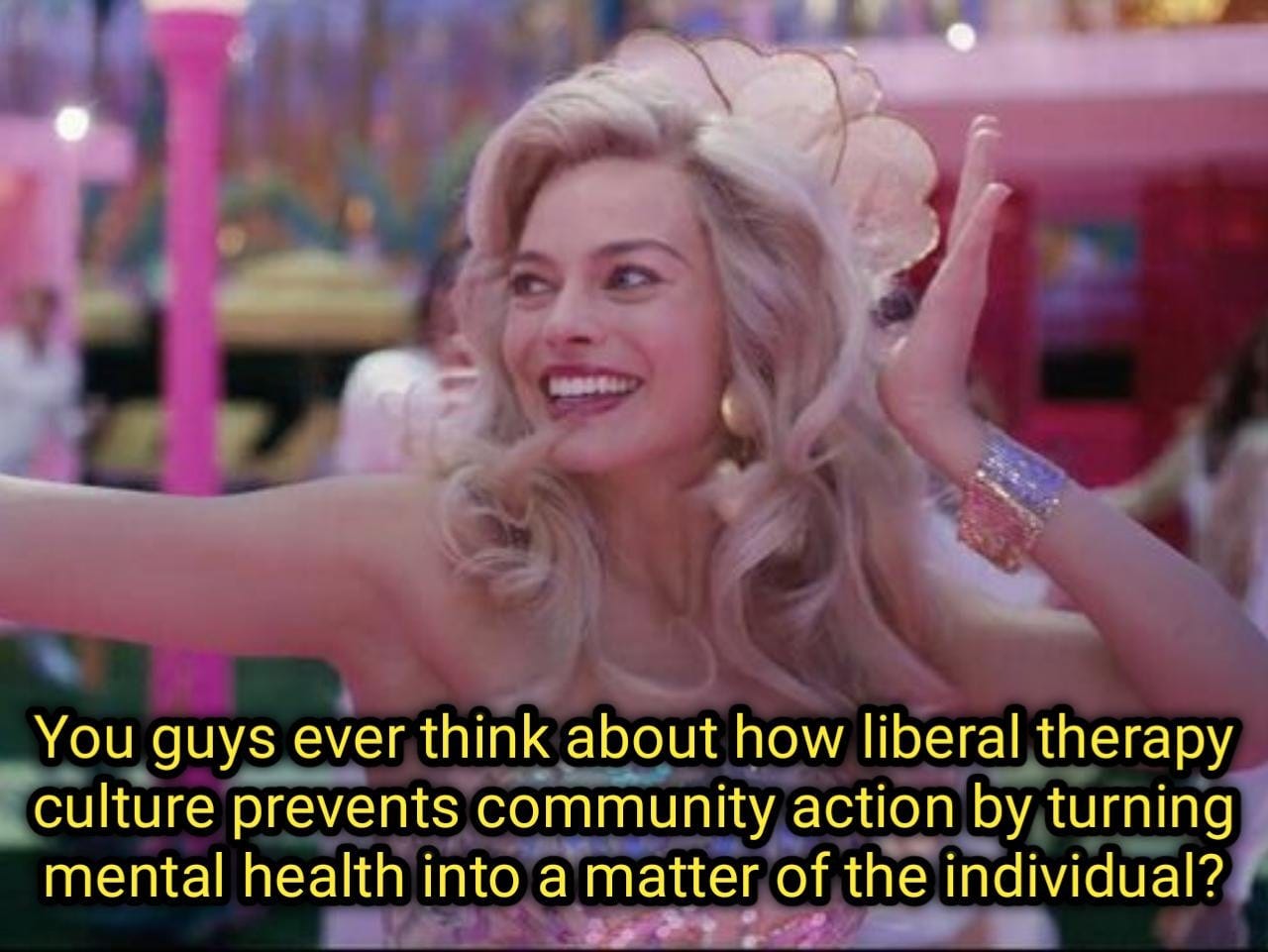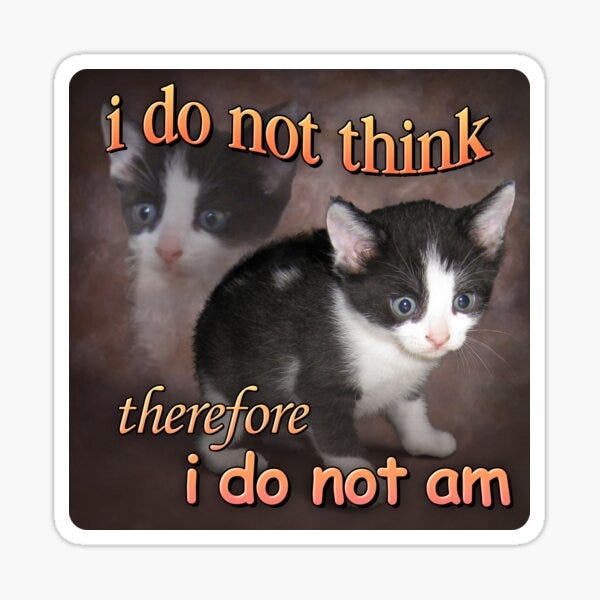One Ramadan night (sometime in the end of March as the holy month was coming to an end) a group of us sat around a mahogany dinner table covered with decadent Arab and South Asian dishes ready to break our fast together. An old friend invited me & a few other folks we went to school with— a reunion of sorts. I hadn’t seen them in years. I was excited to reconnect. I recently moved to Southern California & was desperate for genuine community— the kind where you skip the bs & dive deep.
The night started with small talk. I dislike small talk but I understand people’s need to ease into vulnerability & authenticity in a world where we often spend our days pretending, performing & conforming. Intimacy takes time.
After we broke our fast & prayed, people settled down to chat. Someone shares that they’ve been training to run a marathon which cascades into a convo with people sharing their workout routines, goals etc. Someone shares their latest outdoorsy travel experiences- from Alaska to Chilean Patagonia to scaling Kilimanjaro. Someone else talks about their daily walks with the hubbie & their newborn. Someone else says they powerlift 4 times a week. The only words I could find in response to all of them is— “Why? What motivates you?”
All their responses were something along the lines of self-improvement, self-growth & the pursuit of “milestones”. The marathoner says she always needs to have a “personal goal” she’s working towards. I was confused & quiet. I felt off but didn’t have the words yet to describe why.
Over the course of this 5-hour reunion iftar, people talked about all their vacations, bucket lists, med school or law school or some new job, big wedding planning, fashion, annoying coworkers, future career aspirations, favorite books etc. There was some talk about personal struggles but it felt superficial. Some shared hurdles like breakups, toxic bosses or the sleep-deprived life of a new parent. I get it- struggles are struggles. But even the convos about adversity felt somewhat self-centered? And that is not a moral judgment, just a neutral assessment. There was mention of Palestine but more so pity & sympathy. People talked a lot about how sad/ devastating/ scary/ heartbreaking it all was, but there was less talk of taking action or how we can build capacity to tackle the carnage in our own backyards that’s directly connected to Palestine.
I can’t know the details of the struggles someone is really carrying. Please trust that I wasn’t judging others to make myself feel holier. There’s much I don’t & will never know. But I know that I was uncomfortable sharing my struggles at that reunion.
What were some things on my mind that night? Our senior cat, Iman, our baby- who was blind & disabled had just passed away. We knew when we brought her home that we’d be providing end of life care. Still, we we wrecked. I was also navigating the personal & collective implications of the escalating state violence against migrants & criminalization of activism around Palestine. Given the risks, my lawyer said I can’t travel outside the country anytime soon. My immigration case is still in limbo. A few close friends helped me take some basic measures to mitigate harm but we still had to figure out how to surrender to the unknowable. You cannot eliminate risk if you want to be in the struggle & contribute to something meaningful that threatens the empire’s power. It’s difficult but I’ve had to come to terms with my reality— as in, one day if they come for me, then they come for me. The million struggles for collective liberation will continue in each corner of the world. I’m an ant in the grand scheme of things. Eventually, mass coordinated movements will evolve & the people’s power will topple empires. Alongside fear, I also have the utmost faith that liberation is inevitable.
What else was on my mind that night? My situation pales in comparison to the struggles our unhoused homies are facing. Some of them have been staying with us which has been a huge learning curve. It’s pushed me & my partner to walk the talk in ways we haven’t had to. We used to do our weekly mutual aid meal prepping/ assembly/ distro but at the end of the day, we got to “walk away” from the carnage on the streets. Now, there was less separation between us & the worst forms of violence in our backyards.
Our mutual aid was starting to feel less like charity but phew… it’s hard as hell. We’ve had to figure out how to forge meaningful friendships with our homies, navigate power dynamics, deploy harm reduction practices in our home & navigate hardships together rather than just “help them”. I’ve been working more because I can’t afford to lose my job now that with so many people depending on me- here & abroad. One of our undocumented homies recently got kidnapped by ICE after a deportation order was issued. We’re his only support system & are hustling to find options or lawyers who are willing to pursue said options without charging tens of thousands of dollars. If you’ve ever been incarcerated or had a loved one in prison then you know how taxing the entire prison industrial complex is on your entire support system. You know how those bills rack up. Everything has an exuberant fee, charge or penalty. Our homie calls us from the detention facility everyday. Talking to him on the phone & helping him process his reality is so difficult but who the hell are we to complain as we sit here under a roof with air conditioning & a plate of food within arms reach? Our homies been thru a lot— from physical violence, sexual assault & child abuse to crushing poverty. I can’t talk about his struggles without bawling my eyes out. We’ve been sending him funds so he can buy phone time & purchase essentials from the prison commissary. He consistently shares the funds with his other homies that are locked up so we’ve been able to support a lot of good people.
That is just the tip of the iceberg— maybe just 5% of what was weighing on me that night. There was so much I couldn’t even unravel into words, let alone in English.
Do you see how it may be difficult to share a piece of genuine pain in the same convo that someone shared their new fitness goals? I wanted to stand up on the excessively large mahogany table and yell “CAN WE ALL JUST STOP PRETENDING FOR A MINUTE???”
We need to know the “why” behind our wants, needs, goals & actions
A personal case study: What does a collectivist approach to working out & “eating healthy” look like?
I’m not saying that we shouldn’t do things that gives us relief, ease or joy. I’m not saying we shouldn’t work out or attempt to care for our health or have hobbies that gratify us. I’m not saying we’re unworthy of “feeling better” just because there is inequity in the world. I’m saying everything we do- our goals, ambitions, hobbies, the things we do in pursuit of comfort/ ease/ relief/ joy should all be anchored in a collective purpose.
We need to know the WHY behind everything we’re doing & pursuing. And I think that WHY should ultimately connect back to the collective & our collective purpose.
For example- let’s unpack our relationship to diet & workout culture.
I’ve always had a painful, tumultuous, colonial relationship with food. My relationship to food & my body has always been “unhealthy” even though there were phases where I looked “healthier” by capitalist/ colonial standards. I saw my body thru the empire’s standards & expectations. A part of my soul always knew that food (i.e. the land) was “the answer”— this part kept me tethered to my roots, no matter how thin the thread was. This part drives my love for Neer Dosa, Biryani, Goat Paya, Kane Gassi or Bangude Pulimunchi (Lady Fish & Mackerel curry dishes that are indigenous to some coastal communities in Karnataka/ South India). But as my identity evolved under capitalism/ colonialism, my relationship to food became more colonial/ capitalist. I either didn’t think about food intentionally at all or oscillated between extremes. I had phases of binging junk food or eating solely to fuel my body so I could focus on the “more important” tasks like overworking myself to achieve some arbitrary metrics of success. I had phases where I punished myself with strict restrictive, nonsensical diets, ate as little as possible while working out 2 hours a day/ 7 days a week with the hopes that I would eventually fit colonialism’s mold of what a “healthy” body looks like.
As my political awareness grew, my relationship with food & my body shifted. I was forced to reckon my internalized colonialism.
I finally started to face the existential questions that a lot of people run from— Why am I here? What is my purpose? Why are we here? Does our existence have meaning & if so, what is it?
It’s surprising how much work it took to get to some simple answers that now define me. Today, I firmly believe that all beings are collectivist & we’re all just parts of a greater whole. I now have clarity that we exist to care for each other, the land & the ecosystems we’re a part of. To care & be cared for is our simple yet profound purpose. As in I exist because plants & microbes exist, with the contributions of many beings, human & non-human. Thus, the “point” of life is to be enmeshed & entangled in that complex web of life, to serve the collective, to care in some capacity for the things that care for us whether we know it or not.
It helps to know why we’re alive or live in pursuit of that answer
Today, I’m trying to intentionally rebuild my relationship with food & by extension, my body. Today, it feels WRONG, unethical even, to mindlessly follow diets arbitrarily labeled as “healthy” even if I’m tempted by the things I see or read. In fact, it feels wrong to do anything without understanding the WHY behind it.
In a world dominated by capitalist/ colonial systems & defined by their values, not knowing why we’re doing something likely means we’re defaulting to capitalist/ colonial conditioning.
Why should I follow X diet? Why should I workout regularly? Why should I eat X foods that are deemed “healthy”? Why should I do anything at all? Part of applying collectivist political values to daily life is doing everything intentionally. Asking ourselves why we’re motivated to do something or what we’re hoping the outcome will be often makes us see that we’ve internalized the empire’s values as our own. We’re may be doing X to fit in, to get the empire’s validation & approval, to feel superior to others who don’t fit in thinking it’ll make us happy because that’s what we’ve been led to believe, etc. The desire to succeed, conform, assimilate, follow rules & fit the empire’s expectations may be subconscious & feel so intrinsic to “who we are”. Except, who I am has sociopolitical context.
-
For example- I don’t care about being “successful”, “climbing the ladder” or “exceling” anymore. At some point, I did. I thought success would make me safer & happier. But now, I see that happiness comes from community so I care more about building, forging & sustaining that.
The land gifts us with sustenance which we call food. Eating is akin to receiving an act of care (or rather it should be). So today I’m slowly, gradually, fearfully but hopefully, trying to intentionally forge a new relationship to food & using it as a mechanism to reconnect to my roots & to the land. Today, I want to create an intentional relationship with food & go back to working out. My body is part of my ecosystem & thus, colonial conditioning aside, it is meant to serve the collective in some capacity like the body of a plant or a river.
WHY do I want to “eat better”? Because I want to eat foods my ancestors worked their a** off to create, sustain, refine & pass on thru infinite generations- that’s 1000s of years of unquantifiable love so paying attention to food is the LEAST I can do. I want to eat “healthier” as in I want to learn more about food because it’s a tangible thread connecting me to the land & the microbes within me to those in the soil. If we trace the journey of each ingredient in each dish, we see that food connects us all to each other & to every part of our ecosystem. I want to eat “better” because the land gifts us with sustenance which we call food. Eating with more intention will give me more energy which in turn will increase my creativity & capacity as a community caregiver, organizer, educator, clinician or researcher.
WHY do I want to workout & hit the gym again? I think powerlifting will help me manage my chronic pain which has been increasingly debilitating. I’m now unable to use my body effectively for mutual aid projects. I’m so preoccupied with & festering in my pain that I can’t focus on community- building, serving or sustaining it. There is no “cure” for my illnesses but I want to hurt less. I’m not running from struggle, pain & discomfort, I’m practicing discernment to mitigate pain where it can be reduced for the sake of the collective & thus, by default- me. Me neglecting my pain entirely isn’t really helping the world. It’s just compromising my ability to serve my ecosystem & somewhat of a cop out.
Bottom line, I can give more & do more with the little life I have left. There is a lot of unfathomable, unquantifiable, systemic intergenerational violence that has accumulated into illnesses in my body— from sadness/ depression/ mental illnesses or whatever you want to call it to chronic pain to high cholesterol to my weak heart, hypertension or hypothyroidism. But I don’t want to eat healthier food or work out just to “feel better” for me. That logic doesn’t even compute anymore. Thinking about my body & food thru an individualistic lens is what got me HERE in the first place— that is what made me neglect my body.
I haven’t figured it all out. I still struggle to eat better & on most days, I struggle to find motivation to live, let alone care for myself in any capacity. It’ll take time. But I know now that if I want to serve the collective, then I have to put intentional effort into sustaining my body & soul in a manner that will enhance my capacity to serve. I’m not the best version of me when I eat processed, junk food. I’m probably hurting my body eating ANY food in the United States tbh (will get into that another time).
But for now, harm reduction is me trying to understand how my people eat/ ate & use that as a starting point to see food as a gift I morally have to accept because it isn’t about me at all. Sure, in the process of honoring food, I may see health benefits— but I’m not doing it solely to feel better, to fit colonial beauty standards or to conform to societal norms. I’m doing it because my body is the same as the body of a plant or tree— my flesh, limbs, & organs like leaves, stems & roots were meant to contribute to, care for & serve our ecosystem.
For a tree to serve it’s purpose in an ecosystem, it needs some critical nourishment & sustenance. A “healthy” tree is helpful to the soil, to the trees around it, to the plants near it, to the sky above that it exhales oxygen into, & by extension, to this planet we all call home. A “healthy” tree contributes to a healthier ecosystem. I guess if I think trees deserve the best nourishment they can reasonably access given their conditions, then I should eat better & try lifting again… or something like that.
Political consciousness and coping with the loneliness, loss & gain of relationships that comes with it
Political consciousness can be life-saving but “waking up” can also be really lonely. So far— I can say that it’s hard but some parts do get better & new unexpected life-giving, life-sustaining things pop up along the journey too.
After that iftar dinner I thought a lot about how to balance meeting some people where they’re at while also accepting that some people just aren’t for you. I kept replaying moments from that night bewildered at how utterly shallow most conversations can feel even with people who may at first seem aligned. I’ve felt this same disconnection & out-of-place, out-of-body, “something is off but I can’t describe it” feeling in groups of self-identified leftists. So there’s no blanket rule. It happens in all contexts you can imagine. Some realizations I’ve had about this all:
-
I think existential crises are important & can be a good thing. When driven by political consciousness & a desire to be more collectivist, existential crises (especially when carried & processed in community) can catalyze a transformation of the self.
Existential crises can trigger the process where you start killing the cop/ capitalist/ colonizer in your head & rebuild your identity thru a more collectivist lens. It’s important for us to question everything & persistently, incessantly, fervently ask “Why?”.
What is my role in the struggle? How can I serve the collective? How are my struggles connected to other people’s struggles? How can I better understand & connect with other people, especially those who are facing the worst forms of capitalist/ colonial violence? What is my purpose when it is anchored in the collective?”
I’m not sure we have incentive to face these terrifying questions without sh*t hitting the fan in a way that forces us to confront things. So I guess- let yourself spiral sometimes? To some degree at least & preferably with intention, lots of check-ins with community & real time processing outside your head with others.
-
Under capitalism, many of us spend a good part of our lives pretending. But political awareness throws a wrench in the day-to-day scripts we use to pretend & fit in.
This post has been syndicated from Cosmic Anarchy, where it was published under this address.

